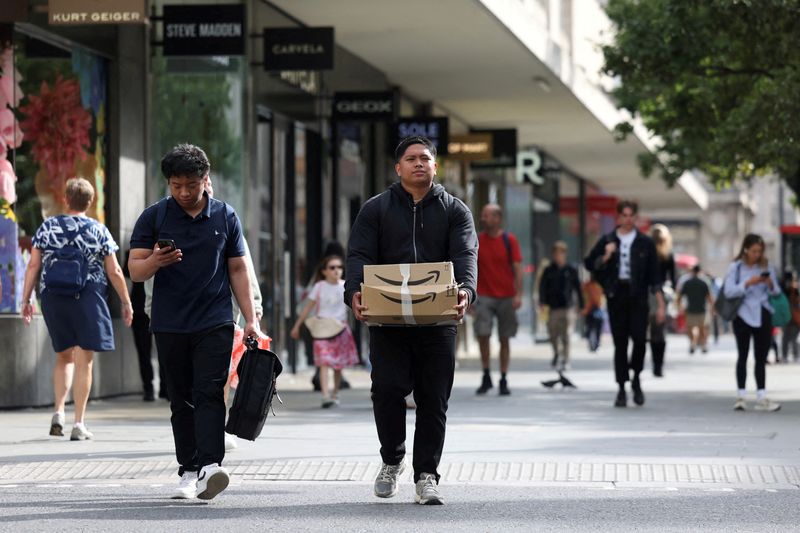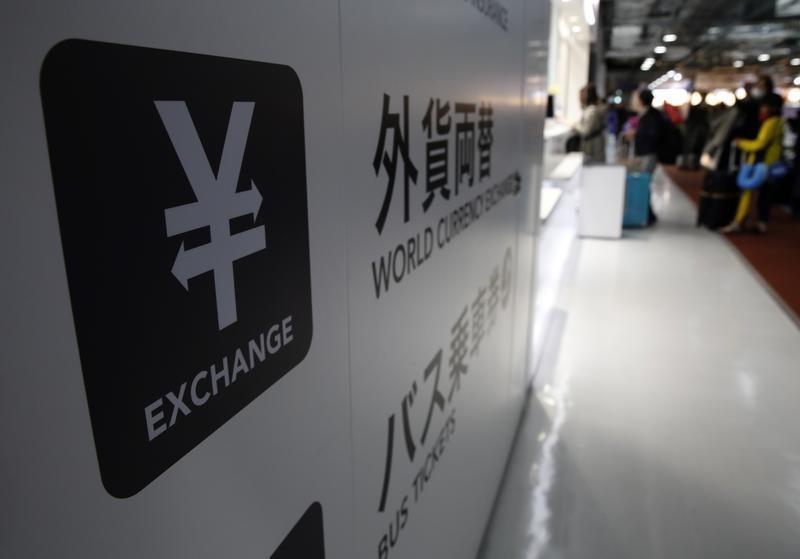LONDON (Reuters) – Prices in British stores fell this month at the fastest pace in more than three years, but this week’s budget announcement by Chancellor of the Exchequer Rachel Reeves could help spark a return to inflation, the British Retail Consortium said Tuesday.
Annual retail price deflation fell to 0.8% in the 12 months to October, the BRC said, the weakest since August 2021 and a bigger fall than September’s 0.6% fall.
It was the eighth time in nine months that the pace of price growth slowed.
Food prices rose by 1.9%, but non-food deflation remained at 2.1%. Clothing prices rose for the first time since January as retailers reduced some of their deep discounts.
“Households will welcome the continued easing of price inflation,” said BRC CEO Helen Dickinson.
“But this downward trajectory is vulnerable to ongoing geopolitical tensions, the impact of climate change on food supplies, and the costs of planned and delayed government regulation.”
British Chancellor of the Exchequer Rachel Reeves is expected to include in her first budget on Wednesday an increase in the social security contributions that companies must pay for their staff, causing unease among some employers who are also nervous about labor market reforms to give workers more protection.

“The retail industry already pays more than its fair share of taxes compared to other industries,” Dickinson said, calling on Reeves to reduce business taxes paid by retailers.
Official figures show consumer price inflation fell to 1.9% in September, well below a 41-year high of 11.1% in October 2022. The Bank of England is expected to close in November for only the second time in four years will reduce financing costs.


